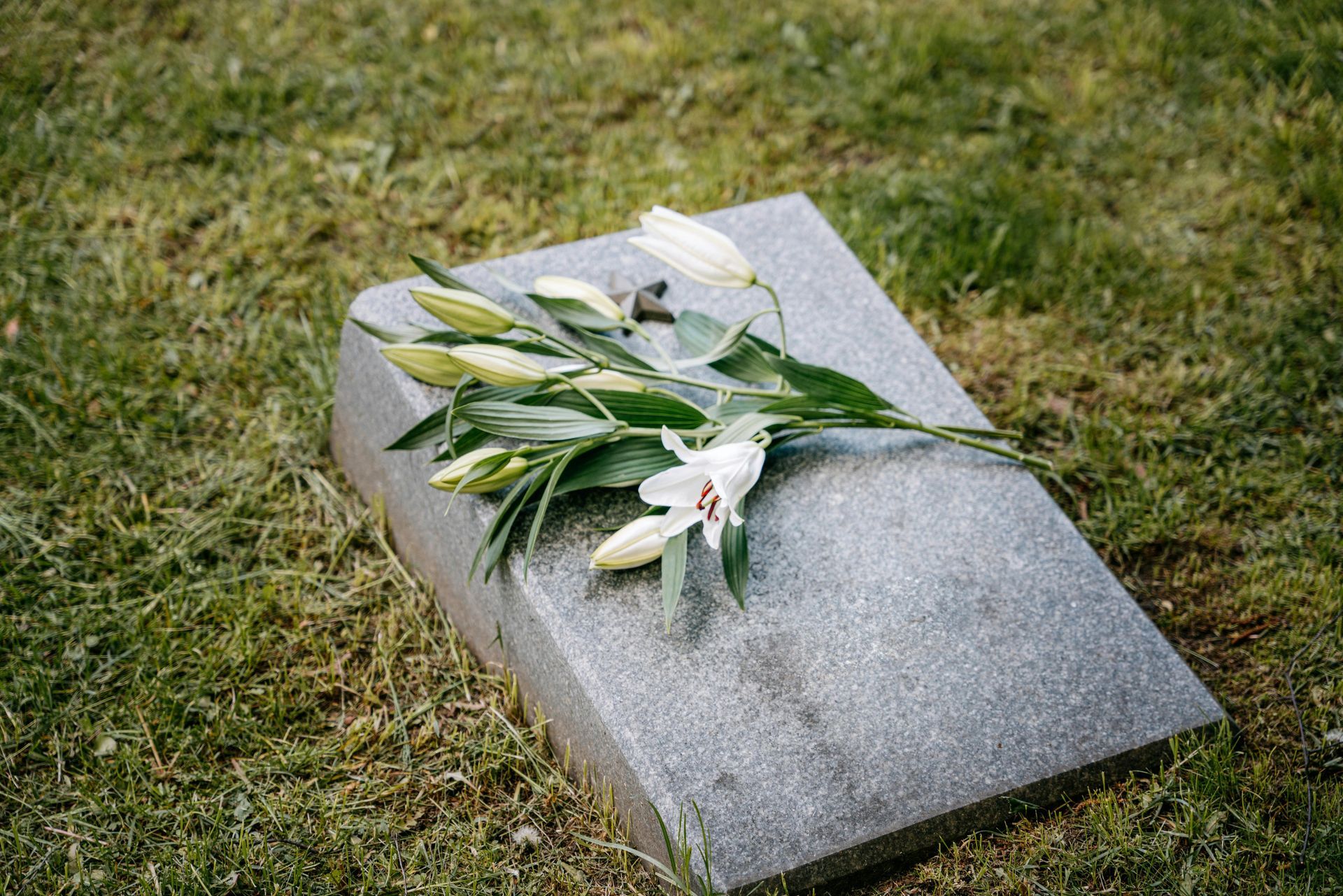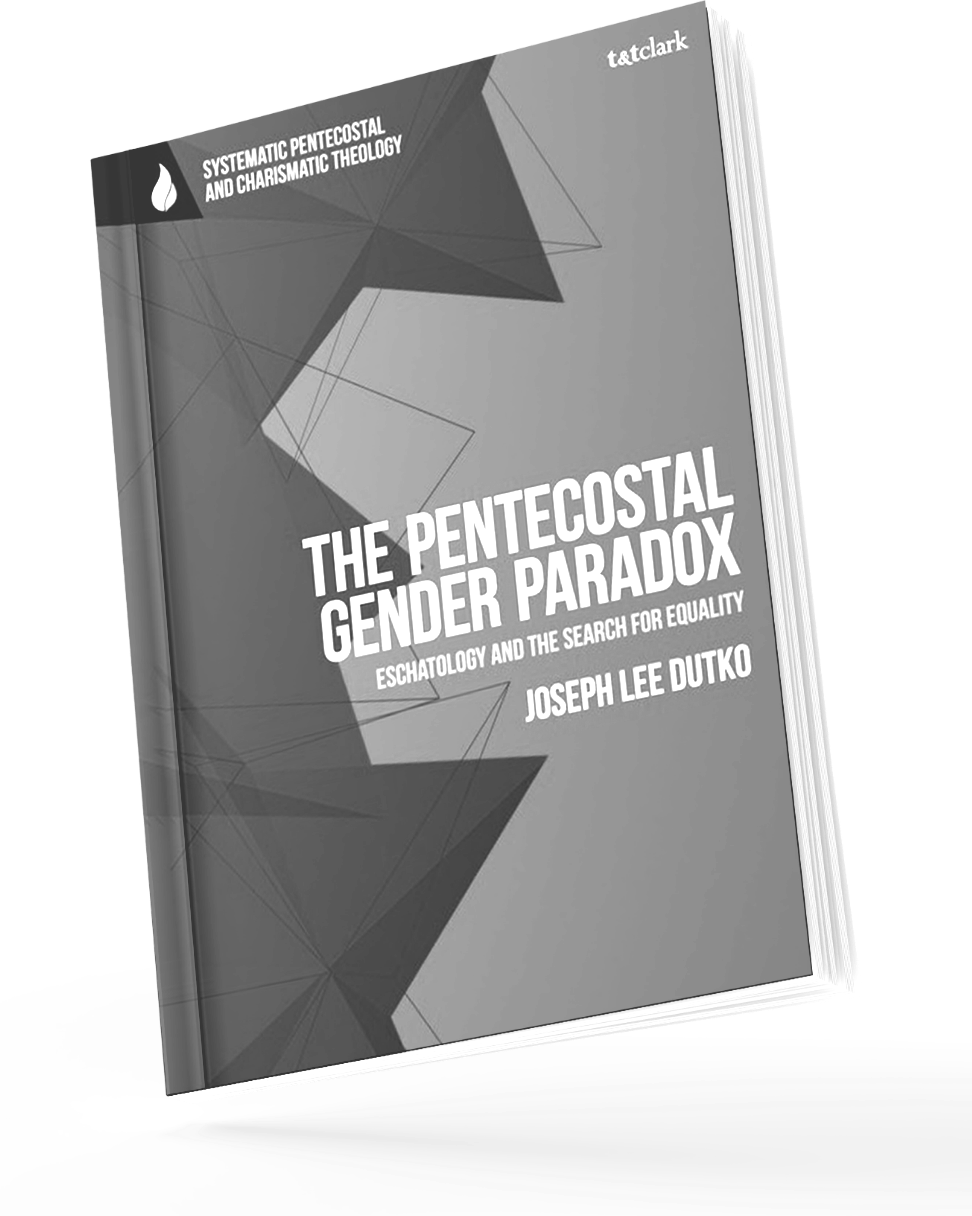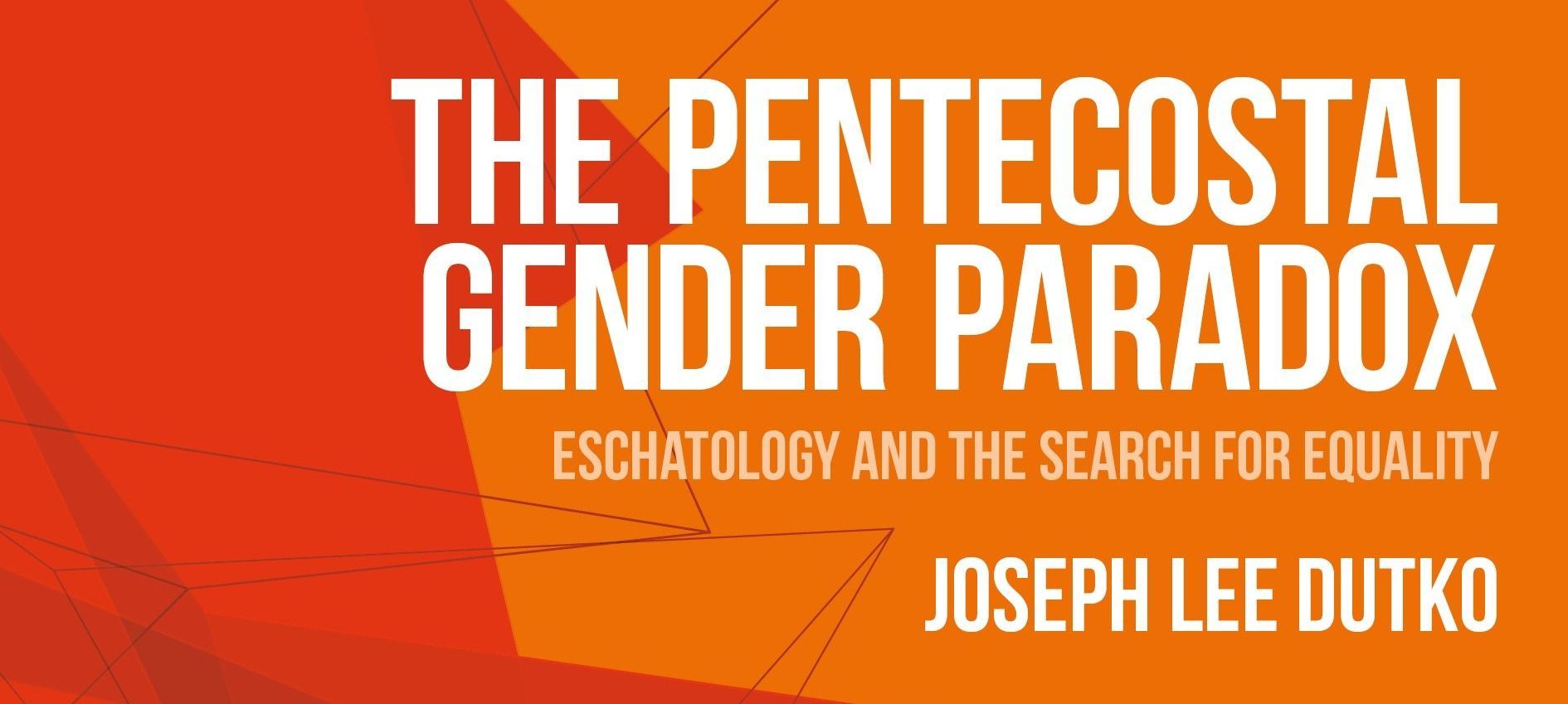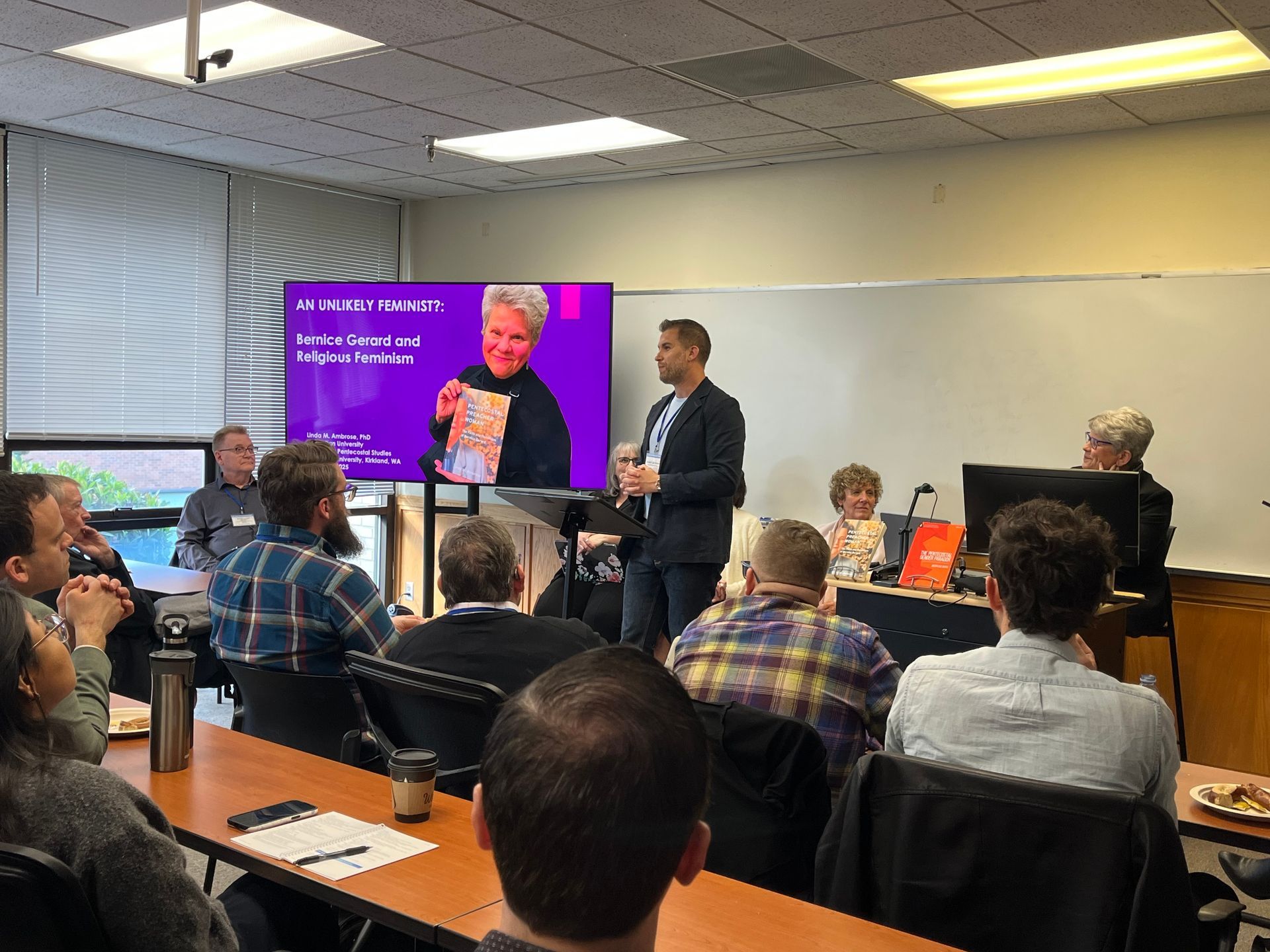Marking 10 Years as Co-Lead Pastors
3 Things We've Learned About Church Revitalization
Last month we celebrated our 10-year anniversary since starting as Co-Lead Pastors.
Our church surprised us with this fun little video (along with a nice presentation and prayer time):
It's just wild to think of what things were like 10 years ago compared to now.
I don't have the time to relay the full story (although see the 5-minute history of our church below!), but the short story is we've grown from less than 50 people when we started--with only one person under age 55 and attendance in decline for 8 straight years--to a church that well over 500 now call home.
An easy snapshot comparison is Easter, which is usually an indicator of your church's max reach. In 2015 we had exactly 60 people. This year we had nearly 600, including over 100 kids. For years, our kids were the only kids in the church most Sundays!
One day I'd love to flesh out and expand our whole story and all that we've learned and experienced. It's a unique story as most church growth stories involve newer churches or church plants or satellites.
What I love about our story is that our church has been here since 1963, established in the community, but until recently had never cracked 80 in average annual attendance. So for nearly 60 years the church hovered between 40-80 people.
"For nearly 60 years the church hovered between 40-80 people"
Now we're seeing nearly 80 people just take part in our Alpha or new believer's course almost annually, or just that many kids on a Sunday. We feel so blessed to be a part of it.
Again, so much to say, but here is an ever-so-brief description of 3 important lessons or words of advice.
1. Think Big, Start Small
I've used this advice so much with our church, especially early on. A lot of churches have a lot of dreams and think big: "we could do (fill in the blank)" or "wouldn't it be awesome if we . . .". But concrete action steps to move toward those goals are often lacking.
We definitely dreamed and thought big together, but we didn't just talk or dream. We took steps, often very very small steps, that could move us toward entertaining bigger goals.
For example, yes we dreamed of actually having a kids program. But we didn't just talk about it and hope kids would show up and that we could all of a sudden run kids' church. We started by just putting a little kids/play area in the back corner of the sanctuary so that if a few kids did show up, it looked like we had thought of them and there was something for them to do. That was our "program." It wasn't much, but it was the best we could offer to start, and it worked!
Very similarly,
2. Change Things, Yes. But Do It In a Way (Most) People Can Handle
One of the things we're most proud of is that through all the early changes, we didn't lose a lot of people. Yes, we lost some who wanted absolutely zero change: nothing you can do about that. But for the most part we moved slow enough that it didn't alienate the people who were there.
For example, there were literally a thousand tweaks or changes that were needed in the building (I don't think I'm exaggerating). Trinkets everyone (I remember a Disney plate on display with a ceramic horse next to it at one of the display tables at an entrance?! So random!), a jar of Canadian Tire money labeled "missions" that had obviously been there for many years, weird plants everywhere, you get the picture! And those were just the small things.
But we didn't just come in and "clean house" overnight. It sounds funny (and maybe a bit sneaky!), but I would literally often just remove one thing a week early on so that it wasn't too noticeable or too jarring for people. Eventually the "change snowball" will pick up, but if you do it slowly enough at first and earn people's trust first, more people will hop on that snowball with you! Related . . .
3. Listen First, Then Act
People want--need--to be heard. We tried to always listen to what the people were saying before we acted. That doesn't mean we always did what people wanted, but we did always listen so that people felt a part of the process.
For example, we worked for over a year together on our Vision, Mission, and Core Values. Why did it take so long? Because we allowed pretty much every person to share what they thought God's calling on this specific church was. We took congregational surveys. We did a retreat with our board to simply pray, listen, and write down things or key words we felt the Lord saying. We spent months organizing the material and all the feedback, submitted many drafts to the board and other key leaders.
Could Hannah and I have written a vision statement and Core Values we liked in a few days and just went ahead and announced them? Sure. And I've certainly seen pastors do that (note: it majorly alienates people!). I've even been on church staffs where I wasn't a part of any discussion about the church's vision or mission before they were presented.
So even though we had to wait over a year to finalize these guiding statements or values and spent lots of our time on them, it was well worth the time because the buy-in was so high. And they have served us well over all these years (note: we recently added the Intergenerational Ministry core value as it would have been weird to have that early on when we weren't that!).
Concluding Thoughts
I have so many more thoughts. Honestly, this isn't my favourite subject to write about so I haven't done much on church health or growth. Part of that is because it can come across as being about yourself or your leadership.
This church's story is not about us or how we did all the right things: trust me, we did not do it all right! We made SO MANY mistakes. But the church allowed room for those mistakes and for us to all learn and grow together. Our testimony is mainly one of patience and perseverance more than anything.
The church's story and our longevity here is a testament to the people and their patience with us and with God's unfolding plan. Pastors lasting a long time in a church is as much a reflection of the congregation as it is about the pastors.
Lord willing (and thy will be done, whatever it may be), we're looking forward to 10 more years! Even so, Come Lord Jesus!
RELATED POST:
"Addressing the Pastoral Shortage" (on longevity)
NEWSLETTER SIGNUP (blog post layout)
ABOUT JOSEPH
Pastor, Author, and sometimes pretends to be a Scholar
Joseph (PhD, University of Birmingham) is the author of The Pentecostal Gender Paradox: Eschatology and the Search for Equality.
Since 2015, he and his wife have together pastored Oceanside Community Church on Vancouver Island, where they live with their four children.










